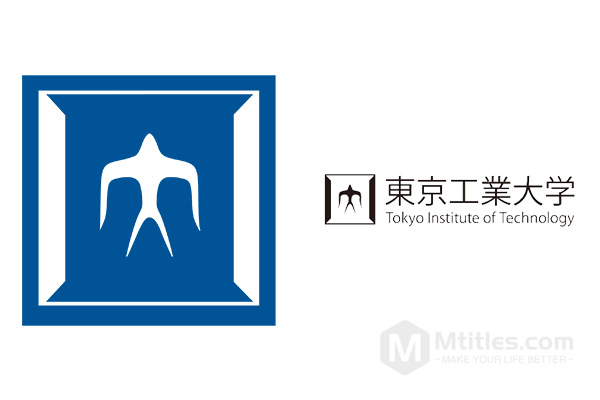#56 Tokyo Institute of Technology

Basic Infomation::
World Position: No. 56
Nature of University: Public
Research Findings: Very High
Number of students: 9,878
Number of Teachers: 1,492
Number of international students: 1,622
Overview:
Tokyo Institute of Technology is the top Japanese science and technology university, and it is Japan's top and world-class science and technology university specializing in engineering technology and natural sciences. The university has three campuses, two in the clean and vibrant capital Meguro district of Japan, and one in the adjacent green district of Yokohama, providing a comfortable environment for a truly unique learning experience.
Tokyo Institute of Technology is one of the top universities in the category A of Japan’s Super International University Program. It is also an important member of academic organizations such as the Federation of Eight Universities in Engineering, the Academic Research Conference (RU11), and the Association of East Asian Research Universities.
The institute’s prestigious practical science and engineering education allows all students to experience the joy of research from an early stage. The research results of research institutions such as ELSI are fed back into the course, and students, as laboratory members, have close contact with the world's top researchers. The DLab of Tokyo Institute of Technology unites teachers and students with the public to seek answers for a better tomorrow. The practice method of the institute is reflected in the graduate employability ranking, and Tokyo Institute of Technology has consistently performed well in this ranking.
As of January 2018, Tokyo Institute of Technology has 6 faculties, as well as more than 150 joint education and research facilities on campus, including the Institute of Science and Technology Innovation and the Institute of Future Industrial Technology. There are 4,803 undergraduates, and 5,159 masters and doctoral students. There are 1,708 permanent faculty members and 1,839 non-permanent faculty members. The teacher-student ratio is as high as 1:6. Eastern Institute of Technology enjoys a world reputation in personnel training, academic research and technological innovation. Among its graduates is Hideki Shirakawa, the winner of the Nobel Prize in Chemistry in 2000. He was an emeritus professor at the University of Tsukuba when he won the award. He was also the last Japanese Nobel Prize winner in the 20th century.
Tokyo Institute of Technology attaches great importance to the integration of industry, education and research, and holds many patents. According to the latest statistics published by the Japan Patent Office, Tokyo Institute of Technology, which is a university of science and technology (without the Faculty of Letters, Faculty of Law, Faculty of Medicine, etc.), ranks first in the number of patent registrations among all universities in Japan.
In 2016, Professor Osumi Yoshinori of Tokyo Institute of Technology won the 2016 Nobel Prize in Physiology or Medicine. [2] The 2017 ranking of the world's most employable universities was released, ranking 19th and Japan 2nd.
Ranked 56th in the QS World University Rankings in 2022, and 3rd in Japan. It ranks 14th in the world in engineering technology and 2nd in Japan; natural sciences ranks 24th in the world and 3rd in Japan. The 2020 Times Higher Education Japanese University Rankings ranks 3rd.
About Undergraduate:
Tokyo Tech provides full degree programs in English at all levels. The Global Scientists and Engineers Program (GSEP) is a transdisciplinary Bachelor of Engineering program.
About Postgraduate:
The International Graduate Programs (IGP) cater to those hoping to pursue more advanced science or engineering degrees in Japan. Various scholarships are available.



